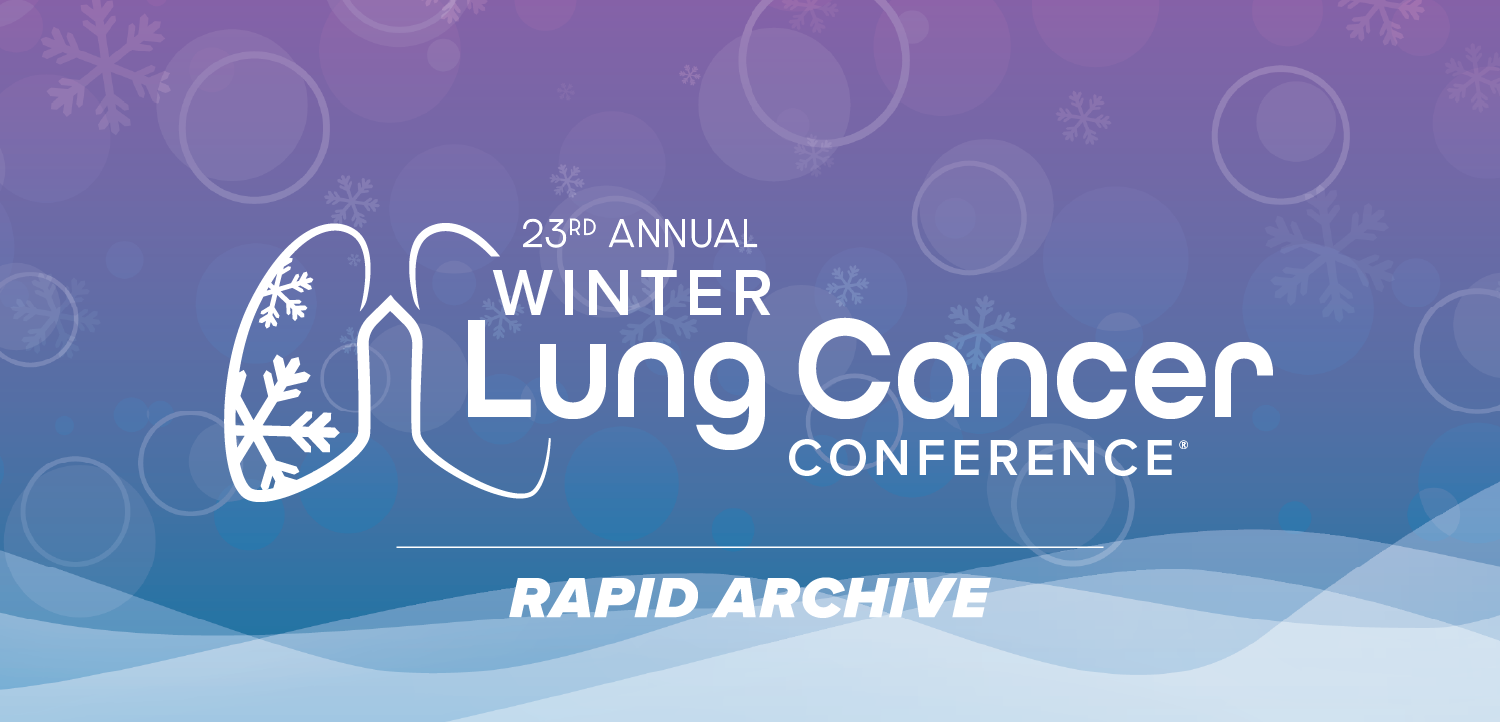Milk outperforms barium as GI contrast medium
Barium simply cannot compete with milk in cost or taste when it comes to contrast- enhanced CT of the gastrointestinal tract, according to Columbia University researchers.
Barium simply cannot compete with milk in cost or taste when it comes to contrast-
enhanced CT of the gastrointestinal tract, according to Columbia University researchers.
Radiologist Dr. Chi Wan Koo and colleagues enrolled 215 consecutive patients scheduled for abdominal and pelvic CT. One hundred received a 0.1% barium suspension, and 115 were given whole milk. Researchers compared visibility and costs for the two enhancing techniques and asked patients about their tolerance of either oral contrast agent. The investigators found that images from patients who drank milk were just as clinically useful as those from patients who received the barium suspension. Milk was also less expensive ($1.48 versus $18 per dose) and had better patient acceptance and fewer adverse symptoms.
The researchers published their findings in the American Journal of Roentgenology (2008;190:1307-1313).
Newsletter
Stay at the forefront of radiology with the Diagnostic Imaging newsletter, delivering the latest news, clinical insights, and imaging advancements for today’s radiologists.











